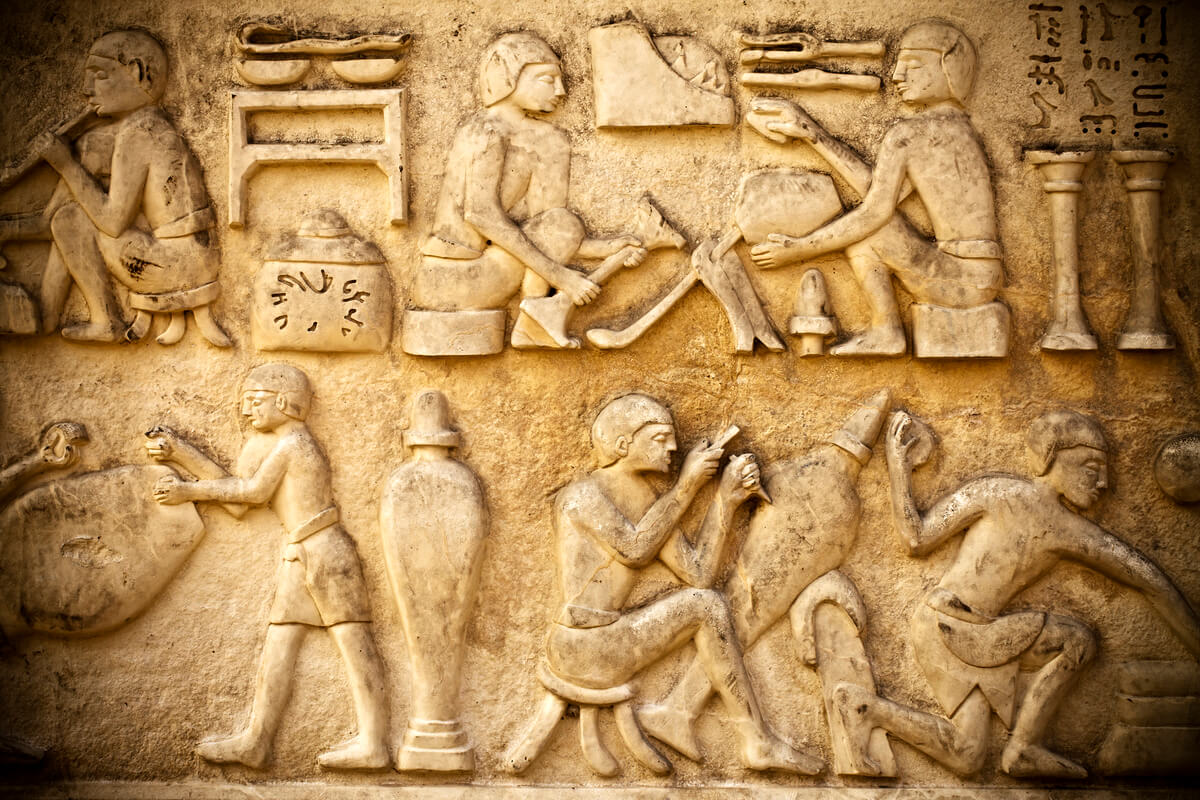The Search for God Page 4.1
History is a window through which we view the world that also reflects how we view ourselves. As I traversed along the journey of understanding and truth, searching whether God exists, I was confronted at every turn by history.

During college, my favorite TV show was Star Trek: The Next Generation. In the episode The Chase (Star Trek: The Next Generation) – Wikipedia, Captain Picard’s archaeology mentor is killed, sparking a mystery regarding a genetic sequence that sends them speeding around the quadrant, encountering Romulans, Klingons, and Cardassians, all in a quest to find the truth of this sequence.
Is it a weapon? Is it some new energy source? The information is buried in the past; the future is unknown. We come to find out that all of these species are descended from another race of beings that “seeded the primordial soups” of numerous planets. Of course, this whole situation is mythical, and this is not a discussion on creation nor evolution but on history.
The Two Issues
I want to point out two issues.
First, from the days before Greek tragedies, men like Sophocles conjure stories like Oedipus that become legendary myths. Our job is to separate these myths from reality.
Many great stories touch on reality, pull from reality, and speak to human conditions regarding topics like love, greed, and power—stories of man’s inhumane hate and virtuous courage. As much as I love science fiction and fantasy, myth is myth, and history is truth.
Second, just like every story will evoke a response and interpretation, whether elation, joy, sadness, fear, or even apathy, so too history and the actions of our forebearers elicit a response such as: pride, revulsion, belief, or distrust.
Even when the Star Trek explorers were presented with “evidence” in this mythical story regarding their mythical history, some still did not want to believe what they found. Did they do more investigation?
Or, because the information did not fit within their preconstructed house of belief and the window of truth shone light from a previously unknown star, they shut the shade. It is better not to know. So too, do many humans.

Exploring Religions And Their Truth Claims
When I began to explore the history of religions and their truth claims, I had a decision to make. Would I allow the evidence and reason to dictate my response, or would I curtail my belief if I was forced to confront uncomfortable truths?
I told myself that I would go wherever the evidence led; I would submit to the truth I found. Could I be the Ubermensch? Could I stand in the face of reality and then deny that very reality.
Would I close the shade, cover my eyes or would I look at myself and the world and evaluate the information I found? When looking at slavery, do I take the easy task and denounce the outrageous abuses, or do I consider all points of view and think about both sides?
What Is History?
History should be something that is agreed upon, just like reality. Our interpretation of the significance or the consequences might differ, but the action of the activities of history should be agreed upon.
I am sure the British and the Colonies looked upon the Revolution very differently, but the reality of what happened should be the same. History has three components.
Observable
This is what actually happened. Jesus went to Jerusalem, and Jesus died. The problem with much of ancient history, just like current life, is that not everything is recorded. Much of what occurs or that which is important is only recorded later.
I have a recollection of my 40-some years, but much of the day-to-day mundanities are unrecorded. My earlier conversations, if recorded now, are lost to the exact language; my wife certainly remembers things slightly differently than myself.
Still, like the beginnings of the universe, there is one truth to what actually happened. Without an eternal, ever-present being (God), the truth of reality will be forever lost (unless we develop a time machine).
This is not an argument for God, simply an observation. In the above scenario we would not, and Picard (Star Trek) would not, call those beings who “created” man God. Observable historical truth can only be understood by those who lived it and by an eternal, ever-present God.
For humans living today, history must be reviewed in light of archaeology and original text and documents, but never hearsay or speculation. How did people who lived at the time respond to the actions of Jesus or Mohammad?

Interpretable
Every action is done and every word is said for a reason or for an audience. The action and words are meant to be understood; every man and woman seeks to be understood and make their actions clear.
Now we struggle when someone’s actions do not seem to align with their words, or words are spoken to different groups that seem to contradict. The hearers of certain words or observers of certain actions interpret those events, then they act.
Is that right hand reaching out in respect, or is it going to attack? This is the immediate interpretation of an observable event. History also possesses a distant interpretation. What do people 100 years and 200 years later think about those events?
How could those two countries have gone to war over misinterpreting a handshake? Slavery is an evil institution; how could so many people participate? However, does the distant interpretation change what happened? Of course not; history is history; it is unchangeable.
So when we review history and historical events, we need to attempt to place ourselves at the event, understand the observable events, and then interpret those events, not in light of our time, but in light of their time. Challenging
Consequential
Throw a pebble in a pond, and ripples spread out. Historical events also display such attributes. Babies are born every day, but not all will impact a civilization. Kings, monarchs, and conquerors leave their mark on thousands of people.
A single decision can lead to prosperity or thousands of lost lives. How do followers react? Or what about enemies? While rulers may have an immediate impact, ideas, philosophies, and scientific discoveries can too impact culture and generations.
The printing press, gunpowder, democracy, feudalism, each of these inventions or ideas create ripples. Does the consequence of some event, idea, or life matter? Sure, these can determine what type of culture we grow into, but do they change what happened?
No, observable history and actual events do not change. We must be careful not to simply assume because some idea becomes widespread that the idea is somehow more likely to be truth. We should still consider that there could be various other options.
In his poem “The Road Not Taken,” Robert Frost said, “I took the one less traveled by, and that has made all the difference.” This is observable history. What is your interpretation? How consequential is this to your life and others? This is our challenge.
What is history? A set of consequential, interpretable, unchangeable true facts
What Next?
- What is the crucial concept?
- History is different than math. History is a set of interpretable facts that we can learn from and guide our lives or dismiss as irrelevant and meaningless.
- Why is that significant?
- Most people interpret historical facts to fit preconceived notions and never take the time to consider other viewpoints to determine what truly fits the events.
References And Links
Why Do We HAVE To Study HISTORY?!
- University Of The People – Why Is History Important And How Can It Benefit Your Future?
- Wikipedia – The history of slavery

Leave a Reply